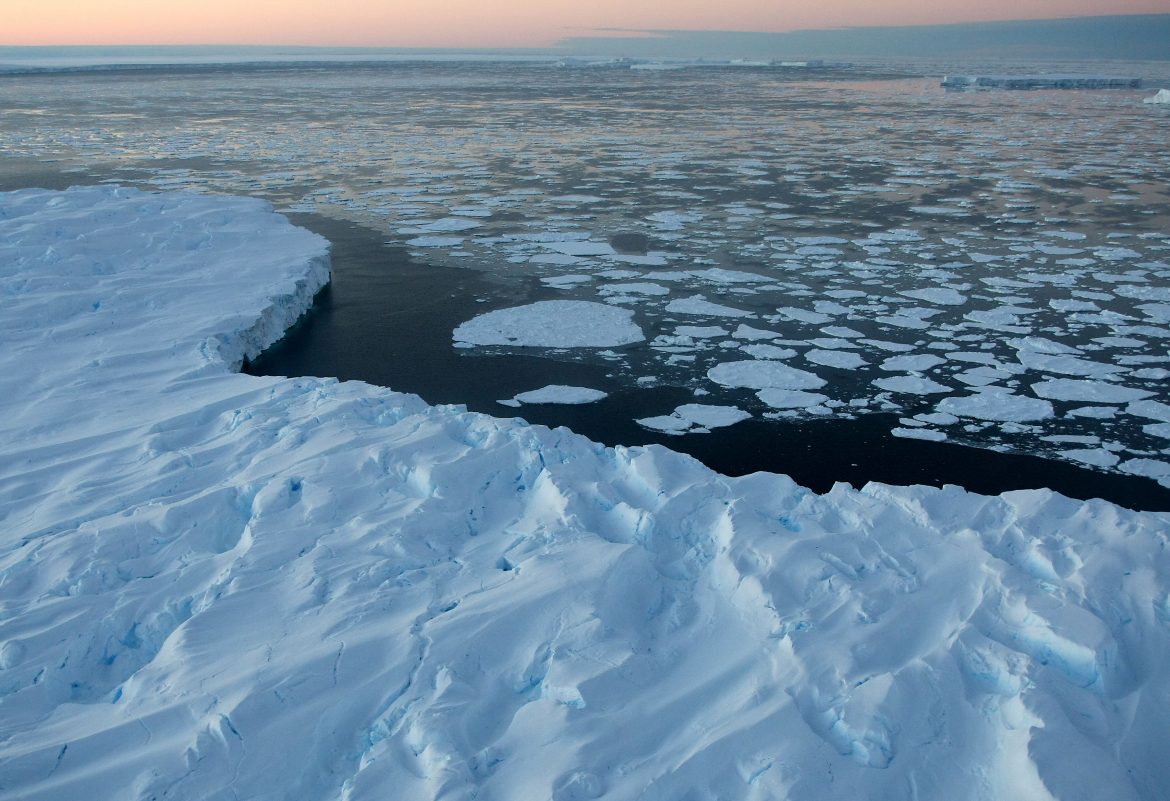Latest data shows that Antarctica has likely broken a new record for the lowest annual maximum amount of sea ice around the continent, beating the previous low by a million square kilometres.
The new mark is the latest in a string of records for the continent’s sea ice, as scientists fear global heating could have shifted the region into a new era of disappearing ice with far reaching consequences for the world’s climate and sea levels.
Each September Antarctica’s sea ice reaches its maximum extent and the average between 1981 and 2010 was 18.71m sq km.
According to the US National Snow and Ice Data Center (NSIDC), preliminary analysis suggested that the sea ice reached a maximum of 16.96m sq km on 10 September and had fallen away since then. The 2023 maximum was 1.75m sq km below the long term average and about 1m sq km below the previous record low maximum set in 1986.
Read also:Analysts say UK electric car sales risk falling further behind after Sunak U-turn
Dr Will Hobbs, a sea ice scientist at the University of Tasmania, said that since April the rate of growth in Antarctica’s sea ice had been “very, very slow”.
“This isn’t just a big change from the average, but also from the previous record,” he said. “In May it was pretty obvious we were in for something spectacular.”
Speaking further, he said that sea ice losses in the Ross Sea region were likely down to winds that had pushed the ice against the continent, bringing warm air, adding however that weather couldn’t explain why ice was lost around the rest of the continent.
ntarctica’s sea ice goes through an annual cycle reaching its lowest extent each February and its highest levels in September. Antarctica’s sea ice had been relatively stable until a new record summer low was broken in 2016. Since then, further record lows have been set, including this February that broke the record for the lowest summer minimum.
Till now, scientists are still trying to untangle the reasons for the dramatic run of records, with natural variability and global heating likely combining.
Story was adapted from the Guardian.
